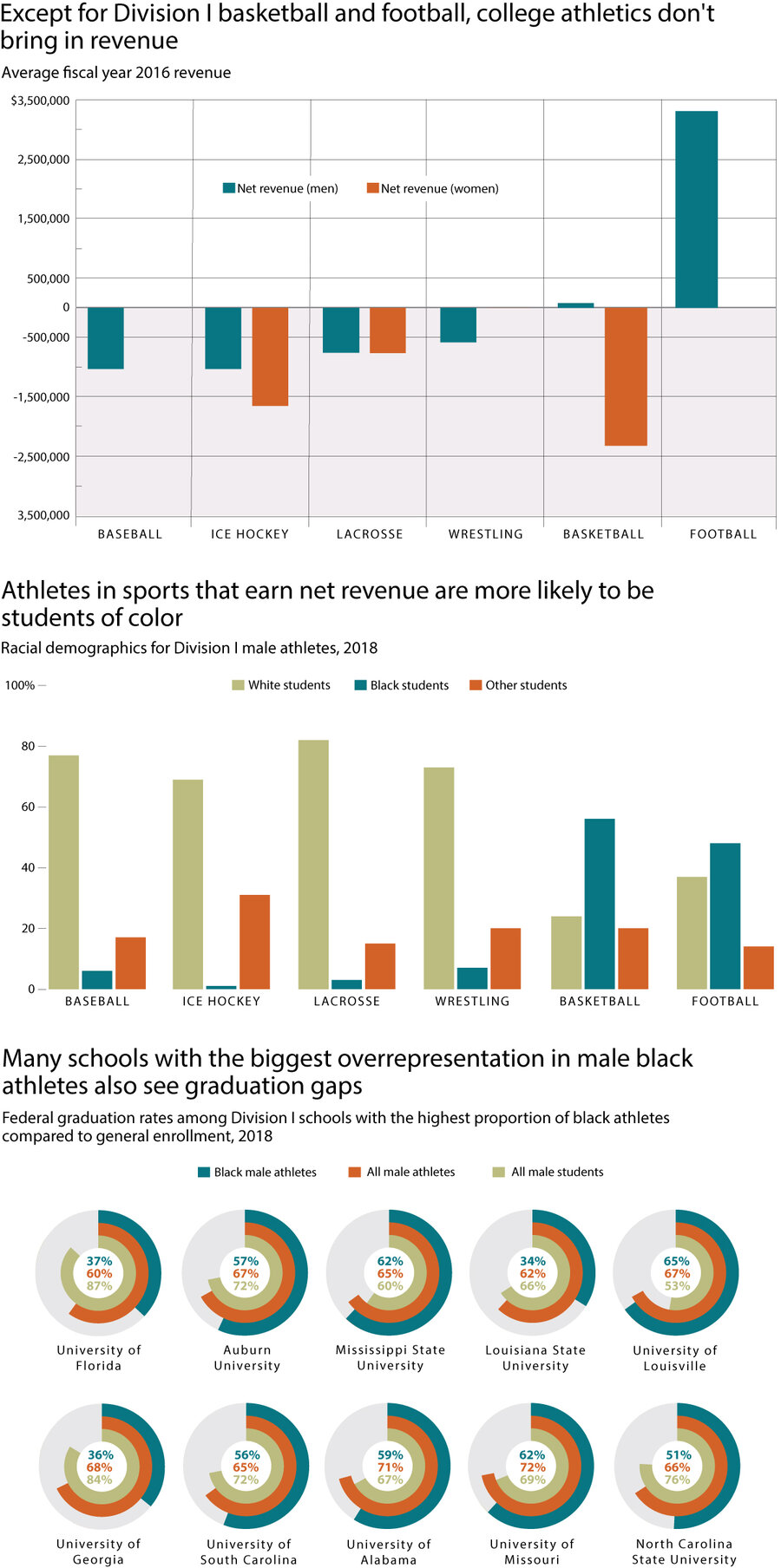Justice – the world’s search for it made it one dictionary's word of the year for 2018. Native American tribes are increasingly taking that search down paths both new and traditional, offering a richer portrait of how justice can be found.
Monitor Daily Podcast
- Follow us:
 Mark Sappenfield
Mark Sappenfield
When Plaxedes Dilon set off on her 10-mile walk with a heaping sack of clothes and kitchen utensils on her head, the trip seemed to her completely ordinary. Yes, the distance was a little longer and the purpose was different: the sack was full of donations for those affected by Cyclone Idai. But long walks and heavy sacks are a routine part of life for the clothes seller.
To Zimbabwe’s richest man, however, it was . Strive Masiyiwa is offering Ms. Dilon a solar-powered house and $1,000 a month for life. Citing the biblical parable of the widow woman, he said “she gave more than us all.”
In New York, meanwhile, many gave generously to a different cause: one of the city’s young chess champions, who was homeless. After a story appeared in The New York Times about 8-year-old Tanitoluwa Adewumi, $250,000 poured in, as did offers of a free car for his Uber-driving, real-estate agent father, a new health care job for his mother, and admission to three private schools.
The family, who is from Nigeria, is not keeping the money, instead using it to set up a fund for other African immigrants. And it is accepting one of the more modest housing offers, a two bedroom apartment. “Tani” will be staying at his public school too. “This school showed confidence in Tanitoluwa,” his mother said.
Why is Tani’s father not taking a quarter million dollars? “God has already blessed me,” . “I want to release my blessing to others.”
Now on to our five stories today. We look at how perceptions around Benjamin Netanyahu are – and aren’t – shifting in Israel, whether scholarships matter much to top college athletes, and innovation for the masses in Maine.











